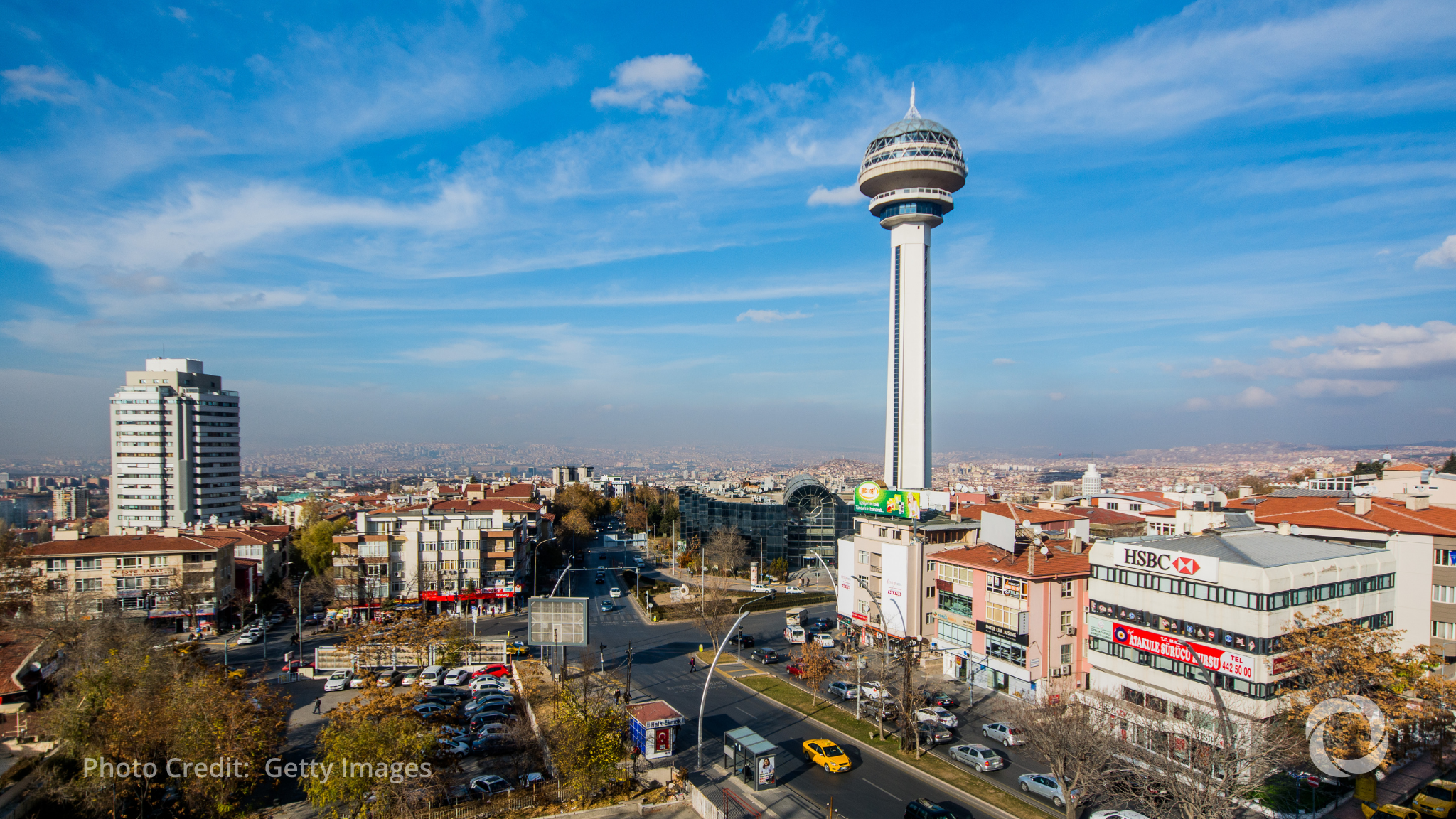The Asian Development Bank (ADB) is starting a new chapter in Türkiye, with plans to deliver $3 billion in project financing each year from 2026 through 2027, the bank said after talks in Ankara. ADB President Masato Kanda met with President Recep Tayyip Erdoğan and other top officials, laying out how the bank will back the country’s efforts to build back stronger, speed up growth, and boost resilience. Türkiye’s position at the crossroads of east and west, Kanda noted, makes it a key player as well as a partner with expertise to share across the region.
ADB marked the official launch of its Türkiye operations with the unveiling of an Interim Country Partnership Strategy (ICPS) for 2025–2027. Joined by government ministers, Kanda presented the strategy and announced that ADB’s first package includes a €150 million sovereign loan to help with earthquake recovery, along with $200 million in private-sector loans for two of the country’s biggest banks. The first loan agreement for earthquake support was signed in Ankara on November 12.
The bank has been working alongside Turkish officials to build a pipeline of projects focused on resilience, infrastructure, and private-sector investment. Kanda also praised the government’s efforts to stabilize the economy after the major 2023 earthquake and stressed that ADB will maintain strong financial backing through 2026 and beyond. The bank’s goal is to deliver positive, high-impact results that align with Türkiye’s own development goals.
Along with its public sector work, ADB is stepping up efforts with the private sector. Speaking to business leaders, Kanda said the bank is ready to support local entrepreneurs—helping raise capital and share knowledge to drive green growth, inclusion, and better connections both within the country and across borders.
As one of the leading multilateral lenders in the region, ADB brings together 69 member countries and aims to boost inclusive, resilient development. By launching operations in Türkiye, ADB says it’s eager to help tackle big challenges and support the country’s next phase of sustainable progress.

